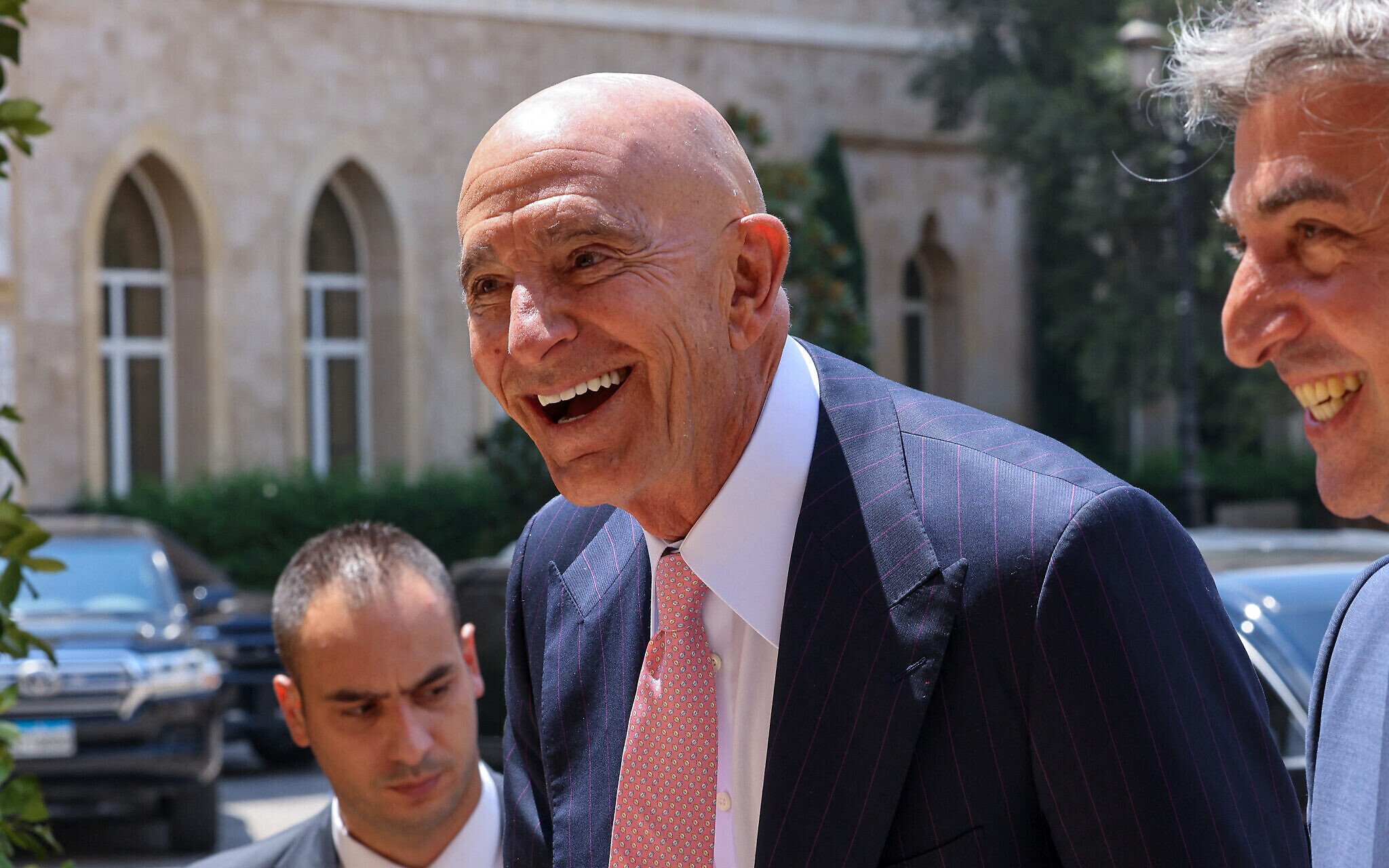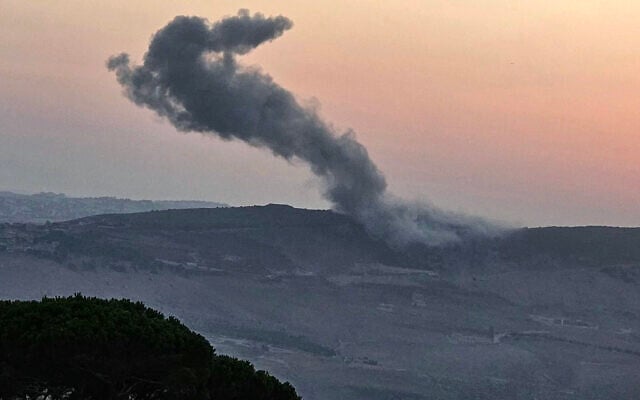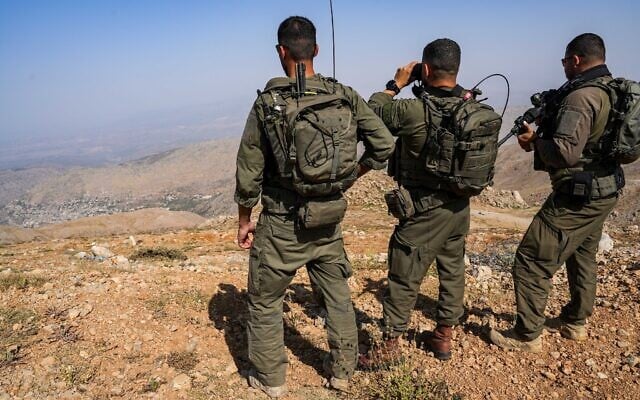



US envoy Thomas Barrack arrived in Israel on Sunday and met with Prime Minister Benjamin Netanyahu to discuss Syria and Lebanon, three Israeli officials said, as Jerusalem reportedly closed in on securing understandings with Damascus.
The meeting was first reported by Axios, citing three Israeli and US sources, and followed discussions between Barrack, Strategic Affairs Minister Ron Dermer, and Defense Minister Israel Katz.
US Ambassador to Israel Mike Huckabee also reportedly joined the meetings. The envoys are expected to travel to Lebanon on Monday, with senior Republican Senator Lindsey Graham set to join them in Beirut.
Dermer held talks with Syria’s Foreign Minister Asaad al-Shibani in Paris on Tuesday about security arrangements in southern Syria, two Syrian sources familiar with the meeting said.
Syrian and Israeli officials have been conducting US-mediated talks on de-escalating the conflict in southern Syria. A previous round of talks was held in Paris in late July, but ended without a final accord.
Channel 12 reported Sunday evening on the principles of an emerging security deal that was expected to be signed by Israel and Syria.
The report said the two sides would agree to the demilitarization of the Syrian side of the Golan Heights, the prevention of the restoration of the Syrian military, the barring of entry of any weapons into Syria that would threaten Israel, and the establishment of a humanitarian corridor to the Jabal al-Druze region of Syria, in exchange of the rehabilitation of Syria — which has been battered by civil war since 2011 — by the US and Gulf countries.
Separately, on Monday, Barrack said in Lebanon that Israel should comply with a plan under which Hezbollah would be disarmed by the end of the year in exchange for a halt to Israel’s military operations in Lebanon.
The plan sets out a phased roadmap for terror groups to hand in their arsenals as Israel’s military halts ground, air, and sea operations, and withdraws troops from Lebanon’s south.
Lebanon’s cabinet approved the plan’s objectives earlier this month despite Hezbollah’s refusal to disarm, and Barrack said it was now Israel’s turn to cooperate.
There was no immediate comment from Netanyahu’s office.
Israel and Syria have technically been at war since 1948. Israel conquered around two-thirds of the Golan Heights from Syria during the Six Day War of June 1967, and annexed the territory in 1981, in a move not recognized by much of the international community, with the exception of the United States.
A year after the Yom Kippur War of October 1973, Israel and Syria reached an agreement on the disengagement line that Damascus is now pushing to restore.
Tensions soared between Jerusalem and Damascus when Israel took over the UN-patrolled buffer zone in Syria shortly after the Bashar al-Assad regime’s overthrow in December and carried out airstrikes on military sites, in what officials said was aimed at creating a demilitarized zone south of Damascus.
Israel has said it will not allow hostile forces to establish themselves along the frontier, as Iranian-backed groups did during Assad’s rule. It distrusts Syria’s new government, which is led by former jihadists.
In July, the IDF conducted airstrikes on Syrian government forces to support Syrian Druze — who have close relations with Israel’s Druze community — amid violent clashes with regime-allied forces in the Sweida area of southern Syria.
Separately, Israel and Hezbollah engaged in hostilities for over a year after the Lebanese terror group began firing at Israel, unprovoked, in solidarity with its ally Hamas and its massacre in southern Israel on October 7, 2023.
The rocket fire displaced some 60,000 residents of northern Israel. In a bid to ensure their safe return, Israel stepped up operations in Lebanon in September, leading to two months of open warfare with Hezbollah in which the terror group’s leadership and arsenal were decimated.


